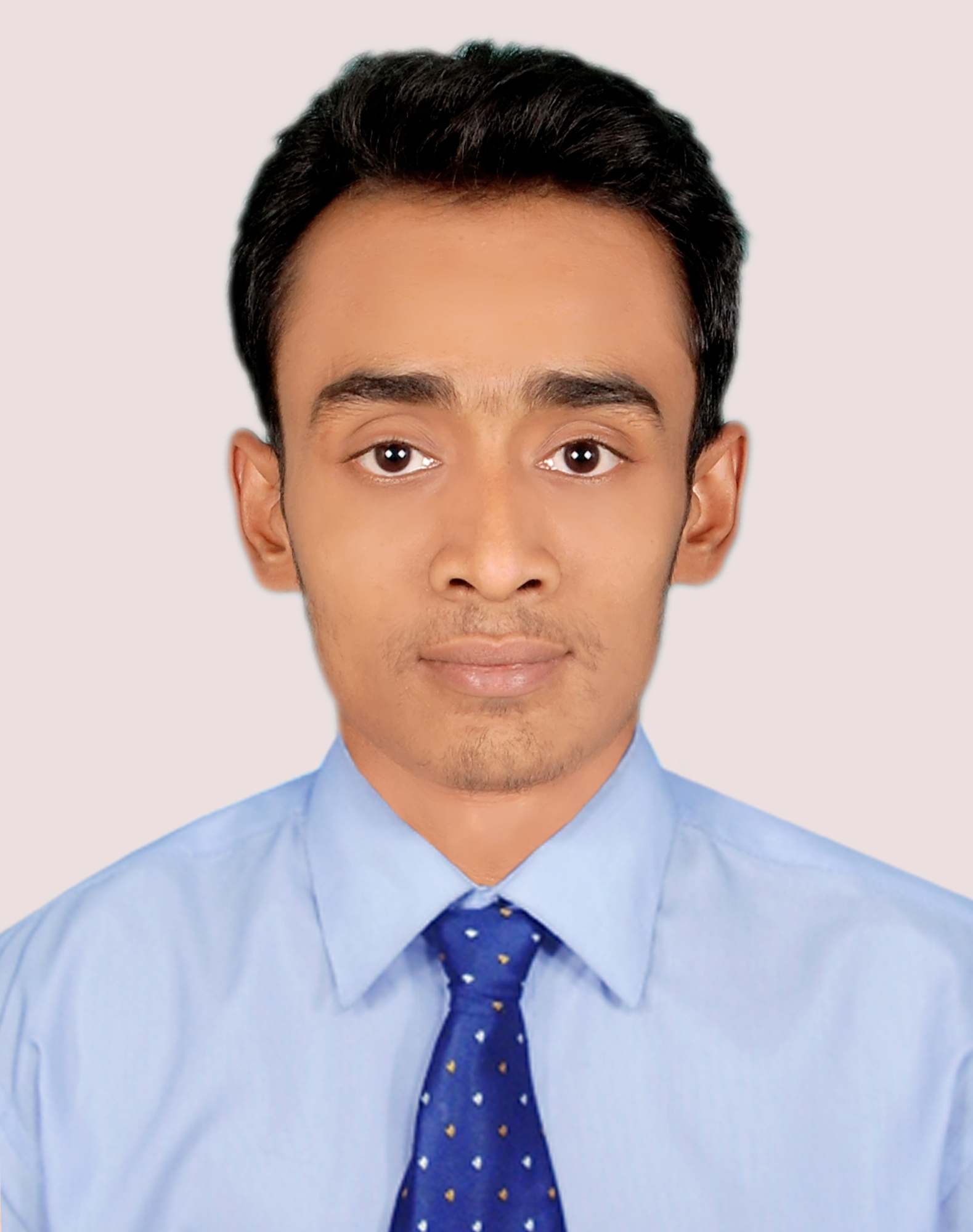Steps needed to protect fundamental rights of poor children in Savar


Helena, a little girl from Savar, was reciting a famous English poem to this reporter on Monday, who’s dream to be a prominent doctor when she will grow up, so that she can serve those people, who cannot go to any prominent doctors due to inability to pay doctor’s fees.
“My name is only Helena, no other name before or after this. My mom says I am seven years old; I have more than four siblings in my family. My father works as a daily basis worker and my mom wander around several areas to begs, therefore, I want to grow up quickly, so that I can alleviate the grief of my parents”, Thus Helena expressed her desire to Bangladesh Post, who lives in a little temporary hut made by bamboo and polythene, with her parents at the bank of Bangshai river in Police town area, next to Dhaka-aricha highway in Savar, on the outskirts of the capital.
Not only, Helena, but also, 30 to 40 children of 22 families, live at the area for 15 years long, those, who lost their everything in river erosion after the 1988 floods. Helena is currently studies in class 2 in a nearest primary school but most of the children do not go for education as their parents don’t have enough income, but all of those children have a dream to become successful and establish themselves among elites of our society. They also want to serve for people and country, they want to alleviate the grief of their parents.
Many guardians of those children think it is very much expensive for them to educate their children, they cannot even arrange food from the little money they earn.
“We all are hailed from Tartapara village under Islampur Police station of Jamalpur district. We came here around 15 years ago in the pursuit of life after losing everything including farming land, house in river erosion after the 1988 floods.
A total of 42 families live here, although 20 of them have taken shelter in different areas due to recent floods. All of our family has multiple children”, Nazar Uddin, told his story to The Bangladesh Post.
By visiting the area, it was seen that at present around 22 families live in the area in the bank of the Bangshai River next to Dhaka-aricha highway and those families have around 30 to 40 children. Around 15 children are aged less than five years, and the rest are aged around 6 to 16 years old, as well as no children have the birth certificate. Even their parents also do not know the exact date of birth of the children.
On other hand, during the visit this correspondent learned, although more than hundred people including children live at the area from 22 families but they don’t have enough sanitary toilet or no provision of pure drinking water, as a result, they all suffering from poor sanitation for long.
“A foreigner set up three toilets, a bathroom here one year ago but only three toilets are not enough for hundreds of people”, Nazar Uddin said. Some locals of the area said, people living in these temporary families, often suffer from various diseases due to lack of proper sanitation system. They urge concerned to take proper initiative to resettle them.
They are even not aware of family planning at all. As a result, they are constantly suffering from unplanned childbirth, at the same time mothers and the infants suffering from diverse malnutrition as well.
“Mazeda, a 25 years woman, who gave birth to 3 children in the last six years, told Bangladesh Post, “I feel birth control pills are harmful for health, although I never took it. Actually, I don’t know details about family planning or how it works.”
Salahuddin Khan Noyeem, General Secretary of Savar Nagorik Committee told Bangladesh Post, “Every child of the country is an asset of the future. The country, society and the concerned have the responsibility toensure their fundamental rights. So, I urge concerned to take the necessary steps to protect children’s fundamental rights so that no children will be deprived of their fundamental rights.


